Could you first introduce yourself to the reader?
Hi, I’m Josh and I’m a final year student in Sound, Light and Live Event Technology. The majority of my work has been as a live sound engineer, but I have also done video technician work and studio engineer work.
What does your creative career involve? Give us the typical outline of a day?
Working in the live side of sound engineering my days vary widely. Some days involve pre-production work, drawing up mic plots and specifying technical requirements for the event. Other days see me loading the desk and speakers in the morning, sound checking and running the event before load out in the evening.
What does being a sound engineer mean to you?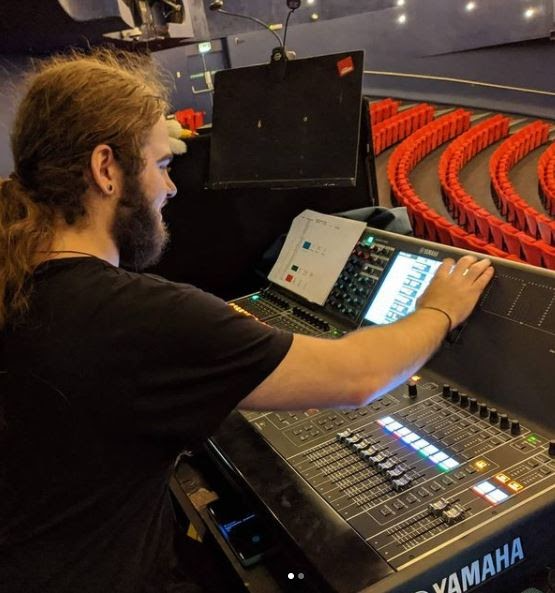 Josh at work
Josh at work
To me, sound engineering is where music and science come together. I’m not what most people think of as creative as I couldn’t stand art or writing in English at school but I loved maths and physics as well as music. That’s what sound engineering is – it’s the perfect meeting point of these areas which are often considered to be opposing worlds of the interpretive and the definite.
What’s great about your job?
The variety first and foremost. My work ranges from conferences and formal dinners to Christian festivals and metal bands. All of them are very different and yet all present their own challenges and problems to solve, no two days are ever the same and it keeps life exciting and interesting!
What are the bits you don’t like or find challenging?
Right now job stability and the way that jobs come about in the industry is definitely a negative! Other than that, the hours can be long and anti-social which isn’t always the best but those hours could be a lot more painful than they are.
Do you think there’s any misconceptions with your job?
I think there’s a certain view some people hold that it isn’t a “proper” job or that it's an easy job. Both of those are nonsense, of course. Also, the idea that it's all creative; while there is a large component that is artistic there is also a lot of technology behind the devices we use – understanding and calculating how radio mics will interfere, knowing how the networking is configured in a system, and even on a basic level being able to quickly calculate the total weight of the equipment needing to be taken or flown to a location.
What are the highlights of your career to date?
Getting the opportunity to work with some artists who were very influential to me growing up in the church, including Lou Fellingham at Cliff Festival. Another highlight (widely relatable I’m sure) was getting my first fully paid work in the industry. As well as this, I was given the opportunity to work as the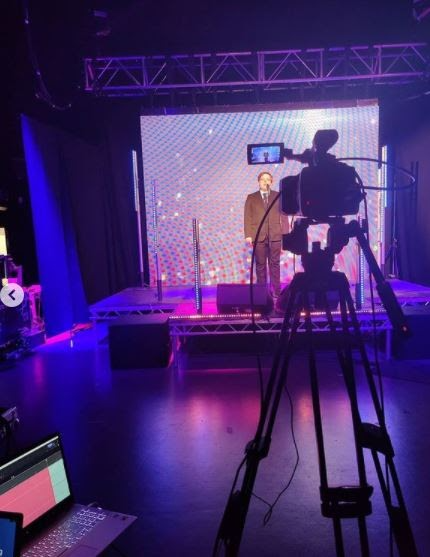 technical producer on a series of live streams by the university’s Vice-chancellor’s team, which was a high-pressure environment and a demanding client, giving me a chance to prove myself.
technical producer on a series of live streams by the university’s Vice-chancellor’s team, which was a high-pressure environment and a demanding client, giving me a chance to prove myself.
What was your career path into this job? Have you also worked outside the arts?
I think my route into the industry was fairly direct. I went from school to sixth form college to study maths, physics and music technology, and on to university to study my craft. It’s a career I’ve aspired to work in since I was around 14 so the support of my family and my own drive is what’s gotten me to the place I am now. With this route, I’ve only really done the normal part time service jobs that come with being a student.
Can you describe your biggest challenge so far in your career? How did you overcome it?
This pandemic has been devastating for the industry as a whole. I found a more regular job in a pub a few weeks before the lockdown last year which has replaced my chance to develop my experience while still studying. The course has been great at giving us what they can but the opportunities outside of the synthetic simulations haven’t been there this year, but within the industry as a whole there have been amazing shows of support this year.
Have you noticed any changes in the industry? If so, what?
I have noticed an increase in digital desks as I’ve spent more time in the industry. However, that might just be through my progression through different sizes and qualities of venues!
You’ve been granted the ability to send a message to 16-year-old you. What do you say?
Believe in yourself, you are the only person you have to answer to about your choices. And be more confident putting yourself out there, and being yourself.
You will make it in time, you just have to keep motivation to get where you want to be.
Do you have any advice for young people interested in doing your kind of job?
Practical knowledge is brilliant and highly valuable, but being comfortable with maths is also key to both development of equipment and studies involving theoretical application. Finally, remember to enjoy yourself, and never forget that being friendly, accommodating and motivated are key skills to progression in any line of work!

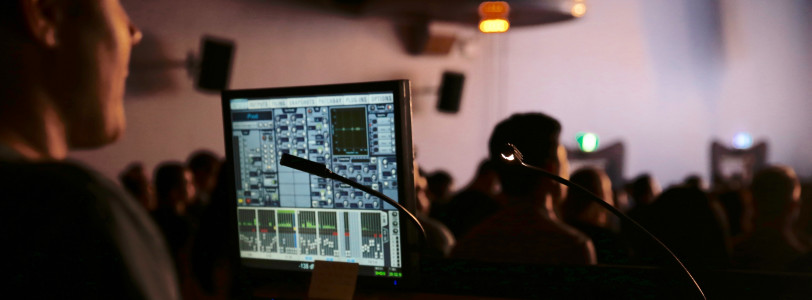

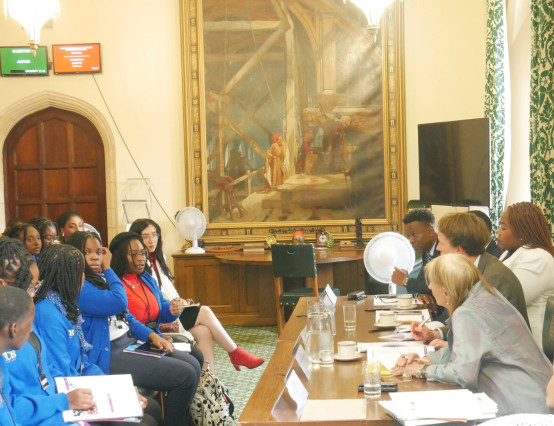



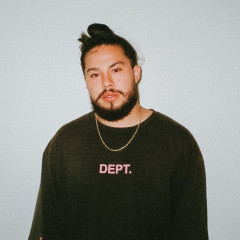
0 Comments